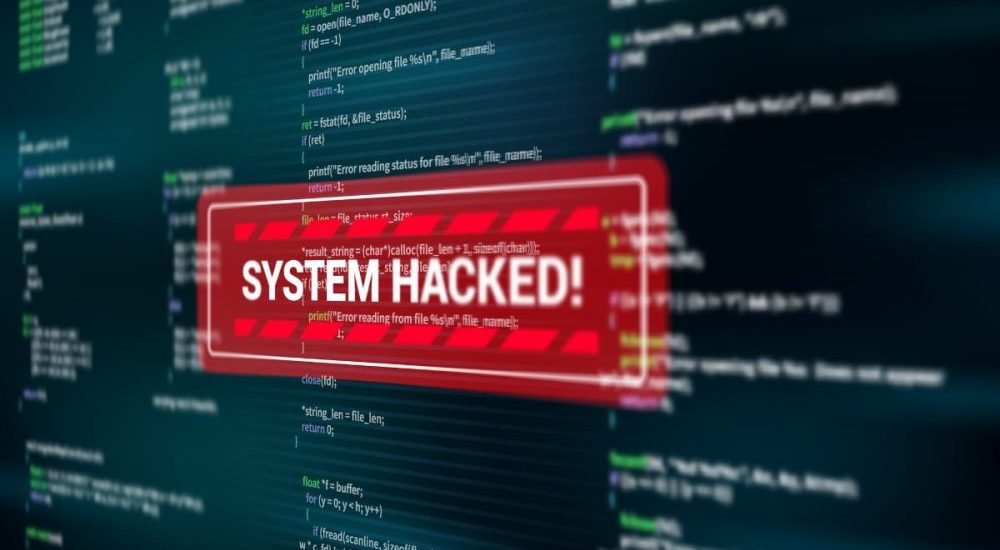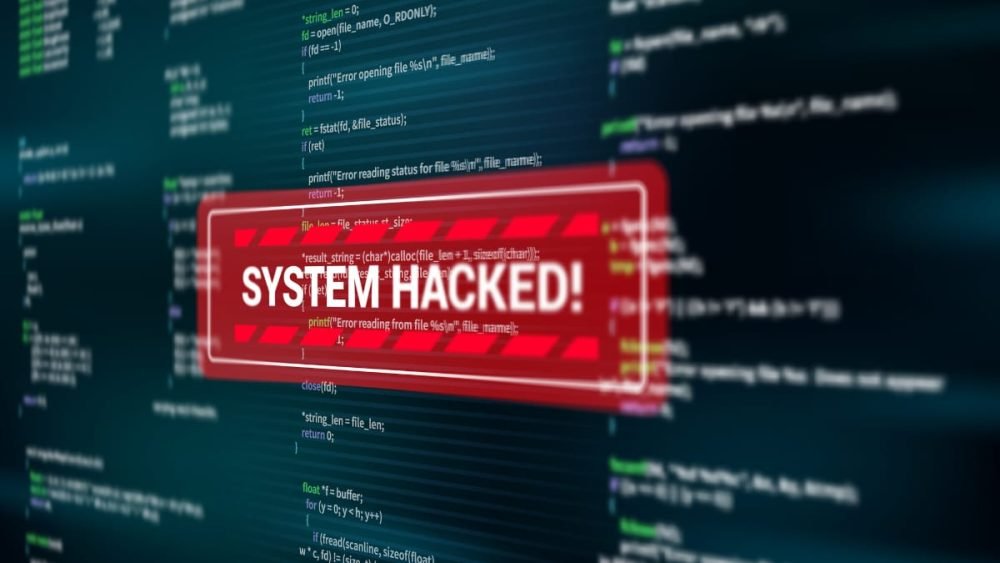
Recently, the University of Islamabad fell victim to a major cyber attack that compromised the personal data of students and staff. Hackers targeted the university’s computer systems, gaining unauthorized access to sensitive information such as names, addresses, phone numbers, and email addresses. The attackers then demanded a ransom in exchange for not releasing the data publicly.
The University of Islamabad has confirmed the attack and is currently working with law enforcement agencies to investigate the incident. However, the university has not revealed whether it has paid the ransom or not. This attack is a stark reminder of the importance of cybersecurity in educational institutions.
Cyber attacks on universities have become more prevalent in recent years, and the consequences can be severe. Hackers often target universities because of the large amounts of sensitive data they hold. Universities collect and store data from students, faculty, and staff, including academic records, medical information, and financial data. This information is valuable to hackers, who can sell it on the dark web or use it for identity theft.
In addition to the financial damage that can be caused by a cyber attack, the reputational damage can also be severe. Educational institutions rely heavily on their reputation, and a data breach can tarnish their image and cause a loss of trust among students, faculty, and staff. It can also affect their ability to attract new students and research funding.
To prevent cyber attacks, universities must take cybersecurity seriously. They should implement security measures such as firewalls, antivirus software, and data encryption. Regular backups of critical data should also be made to ensure that it can be recovered in case of a cyber attack. Additionally, universities should educate their staff and students about cybersecurity best practices and how to identify potential threats.
In conclusion, the cyber attack on the University of Islamabad is a reminder that educational institutions are not immune to cyber attacks. Universities must take proactive measures to protect their data from hackers, including implementing robust cybersecurity measures and educating their staff and students on best practices. Cybersecurity should be a top priority for all educational institutions, and failure to take it seriously can have severe consequences.
